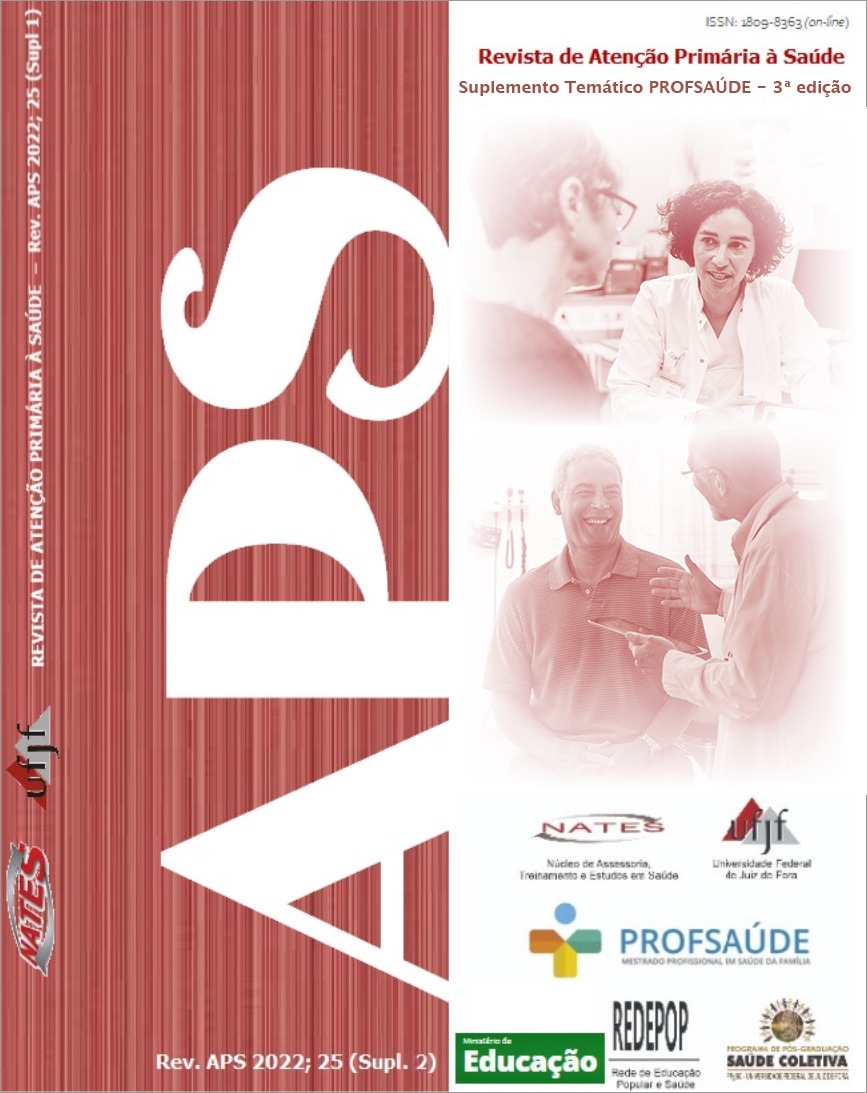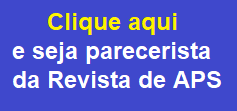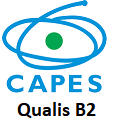Orientação da atenção primária à saúde em uma equipe de saúde da família em Aracaju, Sergipe
DOI:
https://doi.org/10.34019/1809-8363.2022.v25.35482Keywords:
Atenção Primária à Saúde, Unidade Básica de Saúde, Estratégia de Saúde da FamíliaAbstract
Primary health care (PHC) is the key feature to enhance world’s health systems as it pursues major goals such as integrality and equality. In Brazil, the PHC system is ruled by the Family Health Strategy (FHS) which uses the Primary Care Assessment Tool (PCAT) as its main assessment instrument. This tool measures the Adequacy of PHC (APHC) within the scope of four core PHC domains (first contact accessibility, longitudinality, comprehensiveness and coordinated care) and its three sub-domains (family orientation, community orientation and cultural competence). The purpose of this study is to analyze the performance of a Family Health Team (FHT) in the city of Aracaju, by applying the PCAT, in order to obtain their APHC level. A total of 310 adults over 20 years of age were interviewed, being 254 (81.9%) affiliated to the FHT. This number was the sample used to calculate the APHC level and the general score obtained was 6.8, from which rates higher than 6.66 are considered a good APHC level. Despite this result, the domains of accessibility, integrality and community orientation call for some adjustments so the team can offer a higher quality of PHC services delivery.











